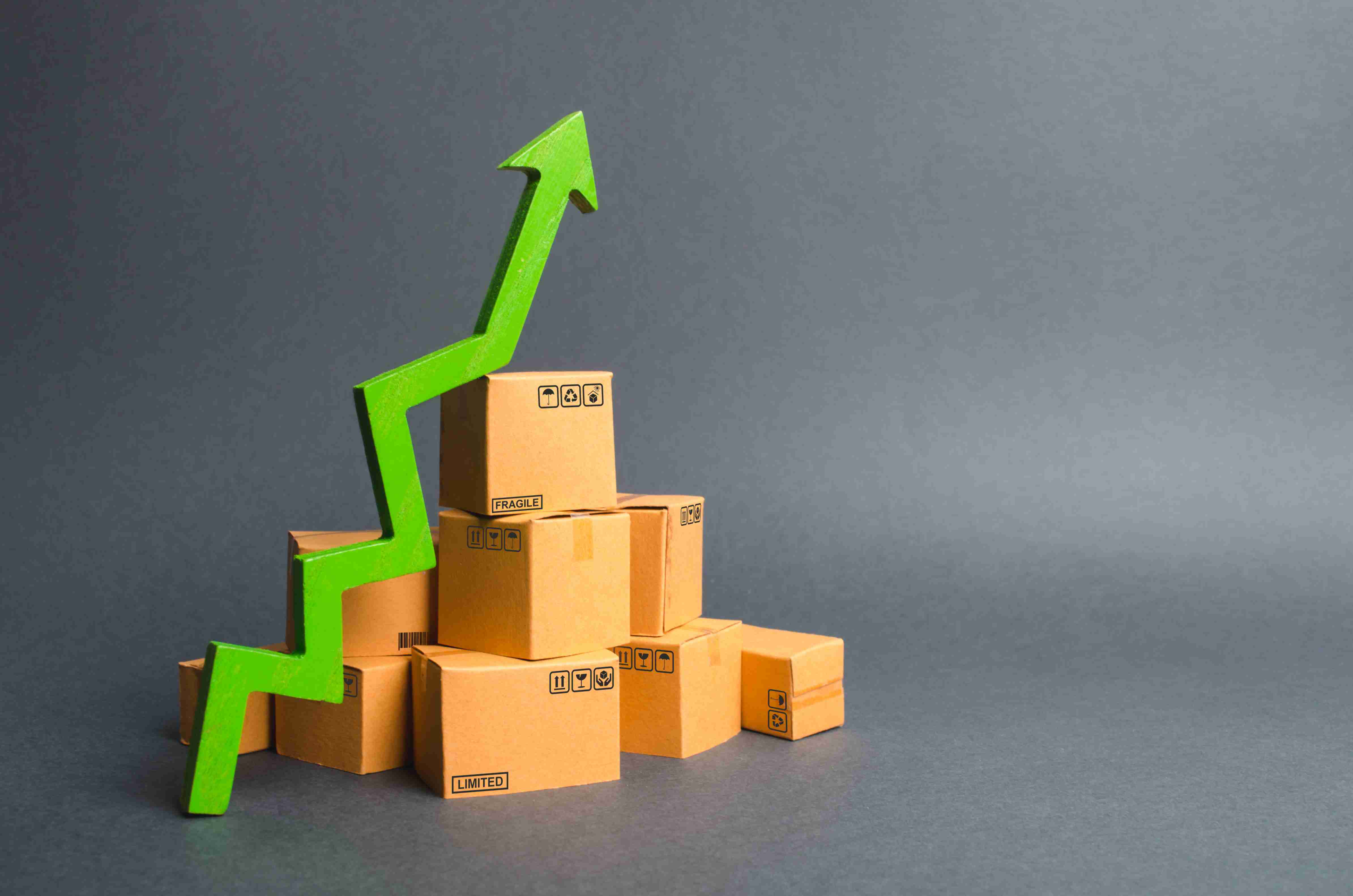Guinea: inflation is not going down

Around 9.8% in 2018 before registering a slight decrease in 2019 to 9.5% and then rising again in 2020 to 10.4%, headline inflation recorded an increase of +1 , 6 and currently stands at 12% (2021). The latter trend is one of the main preliminary findings of a virtual staff assessment mission to the International Monetary Fund (IMF) that took place from April 14 to 28, 2021.
A situation which is explained, according to the services of the fund, by the increase in recent months in food prices and freight costs, associated with the disruption of supply circuits linked to Covid-19, as well as the impact of easing fiscal and monetary policies to respond to the pandemic.
Fund services also report a deteriorating current account due to surging imports of management, freight and telecommunications services, dampening the strength of the goods balance due to increased exports of mining products. . Experts also note a continuous and gradual increase in reserves to reach $ 1.3 billion at the end of 2020.
It should be noted that Guinea is also in the top 5 of African countries with the most resilient economies in the face of the economic crisis caused by the Covid-19 crisis with a projected growth rate of its GDP of 5.2% in 2021. mainly driven by its mining sector which represents 90% of its exports.

